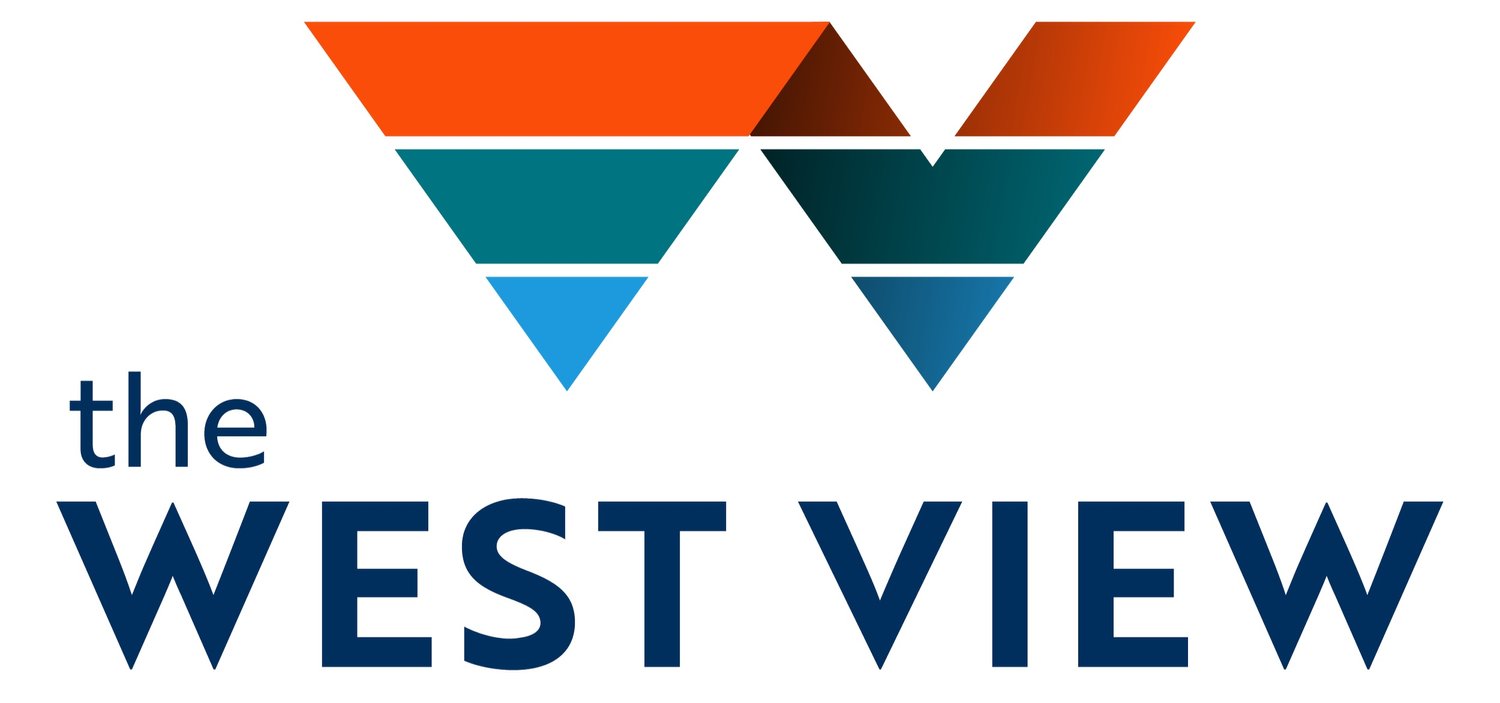Affordable housing community for SLC's chronically homeless under construction
Phase One construction of The Other Side Village, a community of tiny homes for the chronically unhoused, is under way, including sewer lines, manholes, and infill.
Sign up to read this post
Join Now
